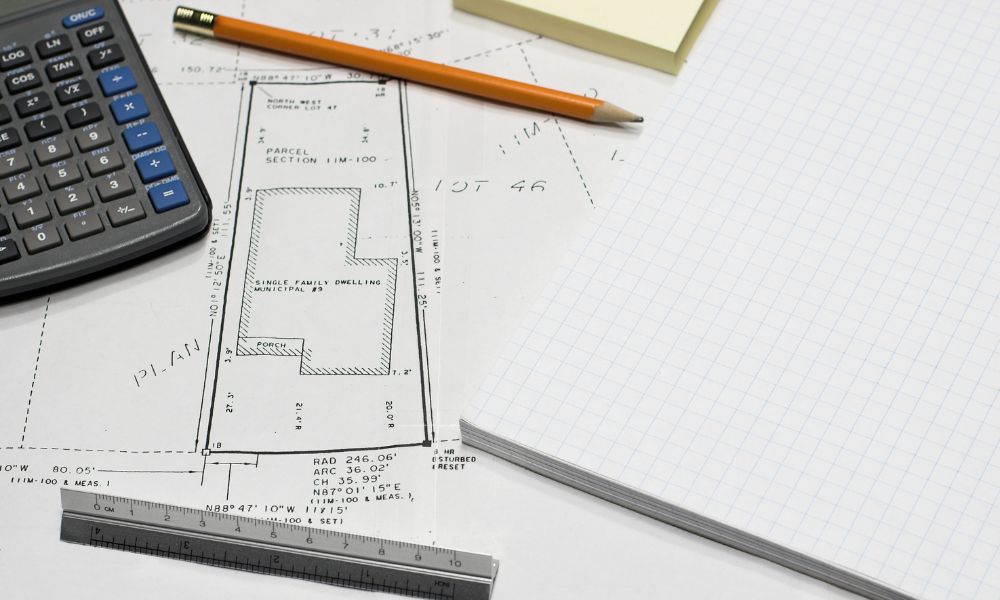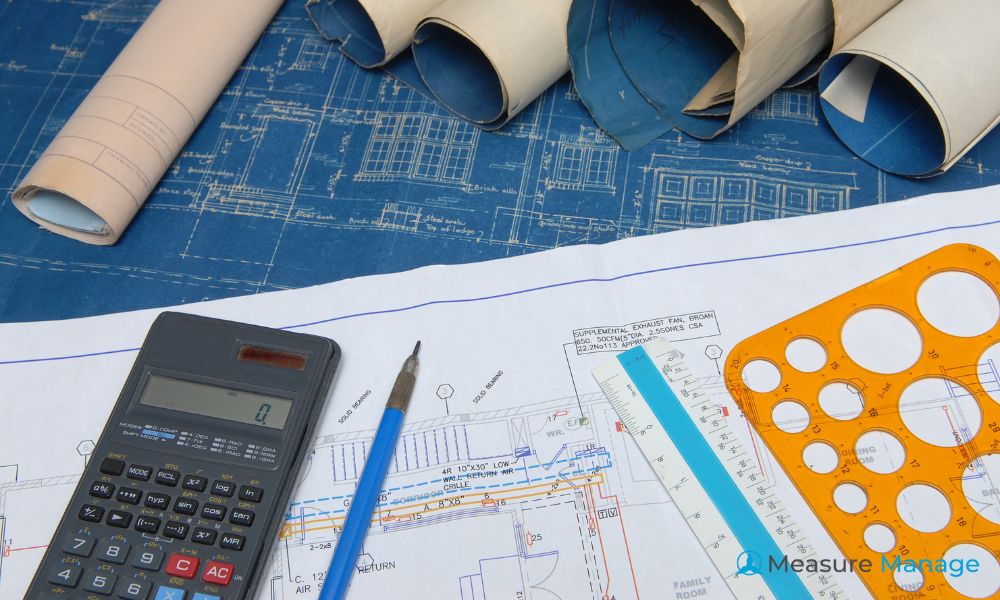Valuation is a critical aspect of quantity surveying, playing a pivotal role in ensuring the financial health and stability of construction projects. It involves determining the value of work completed at various stages of a project, allowing stakeholders to manage costs effectively, track progress, and ensure that payments are made accurately and fairly.
In this blog, we will delve into the importance of valuation in quantity surveying, the methods used, and how it impacts both contractors and clients in the construction industry.
The Role of Valuation in Quantity Surveying
Valuation in quantity surveying refers to the process of assessing the value of work done on a construction project. This value is used to determine interim payments to contractors, which are crucial for ensuring cash flow during a project. Valuations are conducted periodically, typically monthly or as milestones are achieved, to ensure that payments are made in line with the work completed.
The primary goal of valuation is to ensure that contractors are paid fairly and on time for the work they have done, while also protecting the client from overpaying for work that hasn’t been completed.
Valuations are important for both contractors and clients because they provide a fair and transparent way to manage finances throughout the life of a project. For contractors, regular valuations ensure a steady cash flow, which is essential for purchasing materials, paying labor, and keeping the project on track.
For clients, valuations ensure that they are only paying for the work that has been completed to date, reducing the risk of overpayment or financial mismanagement.

Key Components of Valuation in Construction
There are several key components that are considered during the valuation process, including:
Work Completed:
The most significant part of any valuation is assessing the work that has been completed. This includes measuring the physical progress of the project and ensuring that the completed work matches the agreed-upon scope and quality.
Materials On Site:
In some cases, valuation may also include materials that have been delivered to the site but not yet installed. These materials are often considered part of the overall value of the project, as they represent a cost that the contractor has already incurred.
Variations:
During the course of a project, changes or variations to the original plan may occur. These variations can impact the overall cost of the project and must be factored into the valuation to ensure that contractors are paid for any additional work they have undertaken.
Retention:
Retention is a common practice in construction contracts, where a percentage of each payment is withheld by the client as security against defects or incomplete work. This retained amount is typically released at the end of the project once all work has been satisfactorily completed.
Methods of Valuation in Quantity Surveying
Several methods are used in the valuation process, depending on the type of contract and the nature of the project. The most common methods include:
Interim Valuations
Interim valuations are conducted periodically throughout the project to assess the value of work completed at each stage. These valuations are used to determine the amount that should be paid to the contractor in the form of progress payments. Interim valuations are typically based on the percentage of work completed, and they are adjusted as necessary to account for variations, delays, or other factors that may affect the project’s cost.
Final Valuation
The final valuation is conducted at the end of the project to determine the total amount due to the contractor. This valuation includes all work completed, any variations, and any amounts withheld as retention. The final valuation is used to calculate the final payment to the contractor, which is typically made after all work has been completed and any defects have been rectified.
Valuation of Variations
Variations are changes to the scope of work agreed upon in the original contract. These changes can arise from design modifications, unforeseen site conditions, or client requests. The valuation of variations ensures that contractors are fairly compensated for any additional work they undertake due to these changes. This process involves assessing the cost impact of each variation and adjusting interim or final payments accordingly.
Valuation Based on Daywork
Daywork valuation is used when it is difficult to measure work by conventional methods, usually due to the nature of the work being unpredictable or unquantifiable in advance. In such cases, contractors are paid based on the actual time spent and the materials used. Daywork valuation is often used in cases where emergency repairs or complex tasks are required, making it difficult to provide an accurate estimate at the start of the project.
The Importance of Accurate Valuations
Accurate valuations are essential for maintaining financial control over a construction project. They ensure that contractors are paid fairly for the work they have completed, while also protecting clients from overpaying for incomplete or substandard work. Inaccurate valuations can lead to disputes between contractors and clients, delays in payment, and even project delays.
For contractors, accurate valuations are crucial for maintaining cash flow. Construction projects often require significant upfront investment in materials and labor, and delays in payment can lead to cash flow problems that may hinder the progress of the project. For clients, accurate valuations ensure that they are not paying for work that hasn’t been completed, helping them to manage their budget effectively and avoid overspending.
How Technology is Enhancing the Valuation Process
In recent years, technology has played an increasingly important role in the valuation process. Digital tools such as Building Information Modeling (BIM) and Quantity Take-Off (QTO) software have made it easier for quantity surveyors to assess the value of work completed and track progress in real time. These tools allow for more accurate and efficient valuations, reducing the likelihood of disputes and delays.
BIM, in particular, has revolutionized the valuation process by providing a digital representation of a construction project that can be updated in real time as work progresses. This allows quantity surveyors to assess the value of work completed with a higher degree of accuracy and transparency. QTO software automates the process of measuring quantities from digital drawings, reducing the time and effort required to complete valuations.
Challenges in the Valuation Process
While valuation is a critical part of quantity surveying, it is not without its challenges. Some of the most common challenges include:
Discrepancies in Measurements:
Differences in how work is measured can lead to disputes between contractors and clients. Accurate and consistent measurement is essential for avoiding disputes and ensuring that valuations are fair and accurate.
Dealing with Variations:
Variations to the original scope of work can complicate the valuation process. Quantity surveyors must ensure that all variations are accounted for and that contractors are fairly compensated for any additional work.
Retention: The practice of retention can be a source of tension between contractors and clients. Contractors may feel that too much money is being withheld, while clients may feel that retention is necessary to ensure that all work is completed to a high standard.
The Future of Valuation in Quantity Surveying
As construction projects become more complex, the role of valuation in quantity surveying will continue to evolve. The increasing use of technology, such as BIM and QTO software, is likely to play a significant role in streamlining the valuation process and improving accuracy.
However, the fundamental principles of valuation – ensuring that contractors are paid fairly for the work they have completed, and that clients are protected from overpayment – will remain as important as ever.
For contractors and clients alike, understanding the valuation process is crucial for managing the financial aspects of a construction project. By working with experienced quantity surveyors and leveraging modern digital tools, both parties can ensure that valuations are accurate, transparent, and fair.
Ready to take control of your project’s financial outcomes?
At Measure Manage, we specialize in providing expert valuation services in quantity surveying, ensuring you get accurate, reliable, and comprehensive assessments. Whether you’re a contractor, developer, or property owner, our team is here to help you maximize value and minimize risk.
Contact us today for a personalized consultation:
📧 Email: info@measuremanage.com.au
📞 Phone: 08 9747 7034
Let Measure Manage guide your project to success!




